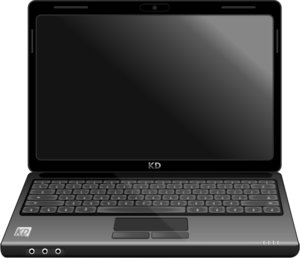Tech Envy
Technology can improve our lives, but it’s important to use technology wisely or the technology can complicate rather than simplify our life.
Recently I was having a chat on Facebook with some friends about the various mobile operating systems and phones. Such discussions can get quite heated. People are devoted to their particular operating system or phone hardware. It’s almost like a religion to some folks. And when these folks don’t have the latest technology, they develop what I call tech envy.
Technology is going mobile in a big way. So I guess it’s natural that technology that lives with you throughout your day would create such rabid allegiance. In the midst of such fervor, it’s hard to see such devices objectively, but I try.
Much like the rest of life, there are some basic principles of personal technology that seem to work for me. Maybe they’ll work for you too.
- Figure out what you really need your technology to do. Think about all of the devices, operating systems or software applications you use. How many of the features do you actually use? I’m guessing only a fraction of their capabilities. It makes no sense to keep upgrading the technology you use, especially at a high cost, if you really don’t anticipate using the new features. So often we buy the latest stuff just because it’s new.
- Itemize what you do. This is related to the above bullet point. Think for a moment what you actually do with your technology. Do you write? Listen to music? Edit movies? Create presentations? Make a list.
- Determine the depth of functionality you need. Once you have your itemized list of tasks, how deep must that functionality be? If you edit movies, are you a casual hobbyist or do you produce professional videos. If you’re only a casual hobbyist, why would you spend thousands on professional movie editing software if basic movie editing software will suffice?
- Keep it simple. When you do buy technology, whether it’s a laptop, cell phone or software, determine the simplest technology you can use to get the job done. Nothing more. You’ll hear all sorts of people try and convince you to buy the most advanced technology you can. Don’t. You won’t use much of it and it will cost you a lot more.
- Maintain consistency. What I mean by this is try to maintain common operating systems, user interfaces and feature functionality. For example, why buy separate word processing, spreadsheet and presentation applications when a bundled suite of applications present a consistent interface and functionality logic that makes them all easier to use. (I highly recommend the open source LibreOffice for an office applications suite by the way.)
Keep these ideas in mind and you’ll be on your way to using technology intelligently rather than simply adopting the latest technology marketers tell you that you must have.
Do you have any ideas you can add to mine?
